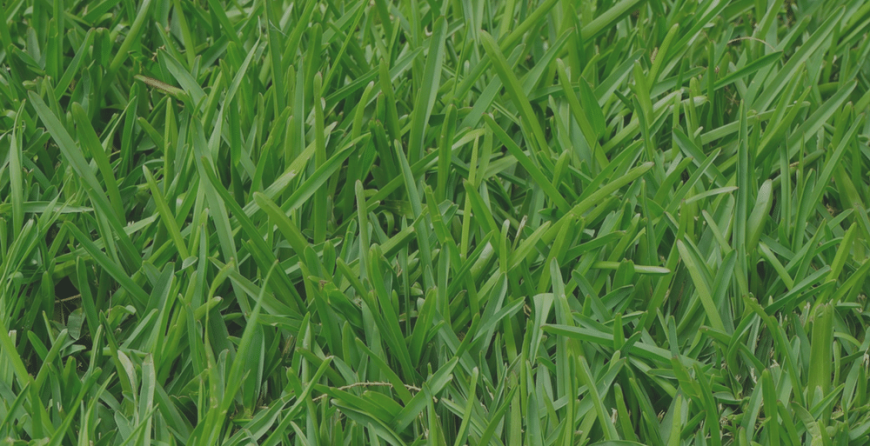 For organic gardening enthusiasts, everything from your garden to your lawn must be maintained organically. However, most people disregard their lawns and may not understand the need to maintain organic lawns. But, the chemicals you use to maintain your lawn may directly or indirectly transfer to your organically maintained garden. So, at the end of the day, your organic gardening efforts and essence goes to waste. Organic lawns focus on nurturing the soil so that it maintains the lawn without regular fertilization. Follow the plan below to achieve a healthy and visually appealing lawn.
For organic gardening enthusiasts, everything from your garden to your lawn must be maintained organically. However, most people disregard their lawns and may not understand the need to maintain organic lawns. But, the chemicals you use to maintain your lawn may directly or indirectly transfer to your organically maintained garden. So, at the end of the day, your organic gardening efforts and essence goes to waste. Organic lawns focus on nurturing the soil so that it maintains the lawn without regular fertilization. Follow the plan below to achieve a healthy and visually appealing lawn.
Thicken the lawn
The idea behind thickening your lawn is to leave no space for weeds to thrive. Spread grass seeds over the current lawn for a lush green and weed free lawn. Moreover, grass has wider and deeper roots that can pull water and nutrients from underground efficiently. This means that your organic lawn will be in a position to maintain itself after a period of good care and maintenance. However, you must invest in grass seeds that are native to your region to ensure easier growth and ward off opportunistic diseases.
Feed the lawn with compost
Adding compost increases organic matter in the soil and ability to retain moisture. Adding compost to an already existing lawn may be tricky. However, you just drop small compost piles around the lawn and rake it evenly. Ensure that your entire lawn is covered with compost before you endeavor to thicken it.
Water wisely
Lawns are known to consume over 50 percent of residential water usage during summer. However, with the right organic gardening practices, this can change. Start with selecting the right grass species for your area and apply nutrient-rich compost. These are two steps that can reduce lawn watering expenses. Also, watering in the morning reduces evaporation and prevents fungal diseases. Deep irrigation triggers the roots to dig deeper for water and nutrients making them drought tolerant.
Trim higher
According to research by the University of Maryland, trimming the grass 3 inches high is as effective as using herbicides to prevent crabgrass. So, set the mower blade high and ensure that it is sharp. Dull blades are responsible for ragged edges that trigger water evaporation and weaken that grass to make it susceptible to fungal infections.
Leave the clippings
Clippings contain valuable organic matter that can be beneficial to your lawn. So, instead of bagging up the grass clippings, invest in a mulching mower blade that leaves the clippings on the lawn. As the clippings decompose, they feed the lawn with nutrients and nitrogen. This means that you will spend less money on organic fertilizers.
Feed organic fertilizers responsibly
Organic fertilizers are made from mineral, natural plants, and animal sources. When applied to the soil, its microorganisms break down the organic nutrients slowly as the grass needs the nutrients. To avoid fertilizer overdose, ensure that you apply it as directed by the manufacturers.
Conclusion
Organic lawn maintenance and care are not as difficult as people believe, you just need to follow the above procedures. However, it is advisable to research more and learn from your neighbors who practice organic gardening.


